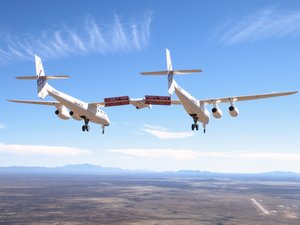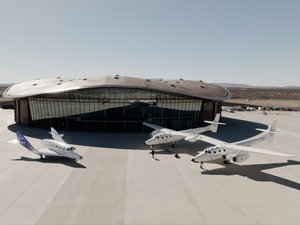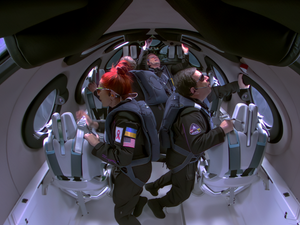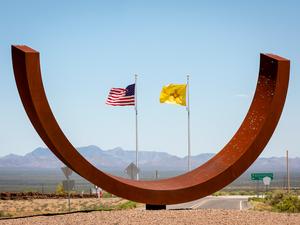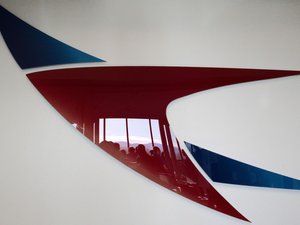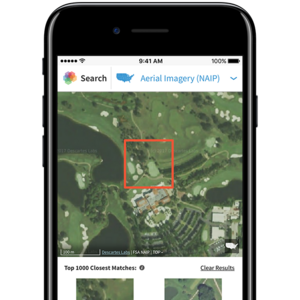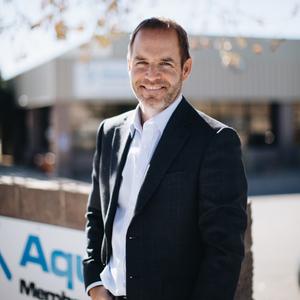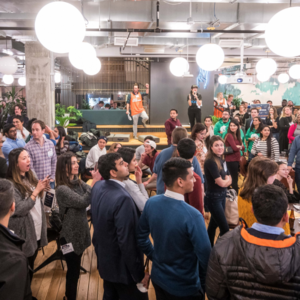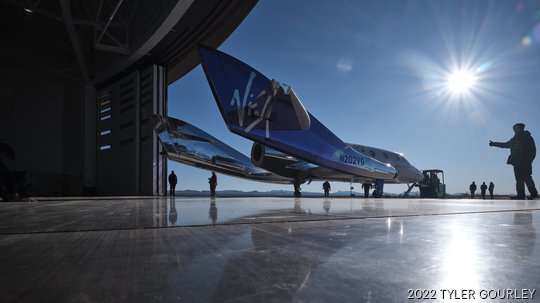
Virgin Galactic earlier this month set a date for when it's next scheduled to fly out of Spaceport America, what would mark the space travel company's last flight in New Mexico in 2024 with its current generation of spaceships.
Virgin Galactic (NYSE: SPCE) said on May 1 that the launch window for its next flight, dubbed "Galactic 07," will open June 8. It'll be a research mission that includes a researcher affiliated with Houston-based Axiom Space and three private customers, alongside a pair of autonomous research payloads, on board the company's spaceship, VSS Unity.
The early June flight would come just over four months after Virgin Galactic launched its "Galactic 06" mission out of Spaceport America. That commercial spaceflight, the company's sixth commercial flight out of the Spaceport since June 2023, marked the first time Virgin flew with all four seats in VSS Unity filled.
June's flight would represent another first for Virgin Galactic — a mission that includes both researchers and private customers. It'd have an average per-seat price over $800,000, CEO Michael Colglazier said on the company's recent first quarter 2024 earnings call, and it would be the last time its Unity class of spaceships flies on a commercial mission.
Axiom Space, from which the researcher on board the upcoming flight is associated, is developing what would be the first commercial space station. It launched a mission to the International Space Station in January to study the effects of microgravity on human physiology and the potential for low-Earth-orbit manufacturing, per reporting from sister publication Houston Inno.
Virgin Galactic didn't identify any of the four passengers set to fly on the Galactic 07 in a May 1 release, only noting the researcher is affiliated with Axiom Space and that the three private customers are from California, New York and Italy.
The two autonomous payloads set to fly in June include a Purdue University experiment "designed to study propellant slosh in fuel tanks of maneuvering spacecraft," and a University of California Berkeley payload "testing a new type of 3D printing," according to the May 1 release. Both payloads are supported by NASA's Flight Opportunities program, which also supported research on board a November Virgin Galactic mission.
Following the June mission, Virgin Galactic plans to pause flights out of Spaceport America to prepare its next-generation spaceships for commercial service. That next generation of spaceships are called the "Delta class," which Virgin hopes will allow the company to fly hundreds of times per year.
Flight testing for those Delta-class ships could start at Spaceport America in mid-2025, CEO Colglazier has previously said. Revenue service with the Delta-class ships could come in 2026, and the company wants to house four to five Delta ships at the Spaceport once fully scaled.
Latest earnings report, new testing facility among other Virgin Galactic news
Flight testing isn't the only step in preparing the Delta-class spaceships for commercial service. Virgin Galactic first has to complete a full ground testing program to prepare the ships for in-flight testing.
The company announced on May 6 it started operations at a ground testing facility in Irvine, California. That facility holds a testing platform called "Iron Bird," which allows Virgin Galactic to test and verify various Delta subsystems early in the development process.
"The purpose of this system is to provide the widest possible scope of ground testing prior to performing flight tests, making flight tests more streamlined and efficient," CEO Colglazier said about Iron Bird during Virgin Galactic's Q1 2024 earnings call on May 7.
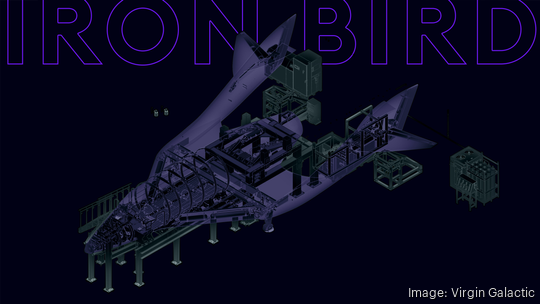
Alongside the ground testing updates, Colglazier said on the earnings call that several Delta parts have already been completed. Bell Textron and Qarbon Aerospace are Virgin's sub-assembly partners for its Delta-class ships.
Colglazier also said an assembly facility outside Phoenix is "nearing completion" and the company expects to occupy the site this summer. That facility is where Virgin plans to assemble its Delta ships.
CFO Doug Ahrens said on the call the company could generate about $3.6 million in revenue per flight with its Delta ships. Virgin expects to fly an average of 125 times per year using its first two Delta ships with six people on board each flight.
Viring Galactic reported revenue of $2 million during the first quarter of 2024, up from $400,000 in revenue during the first quarter of 2023. Total operating expenses and net loss both fell in Q1 2024 compared to the prior year period.
The company's stock price (NYSE: SPCE) jumped by over 10% on Monday to a five-day high of $1.41 but has dropped back down, currently trading at $1.02 at the time of publishing, per MarketWatch.
